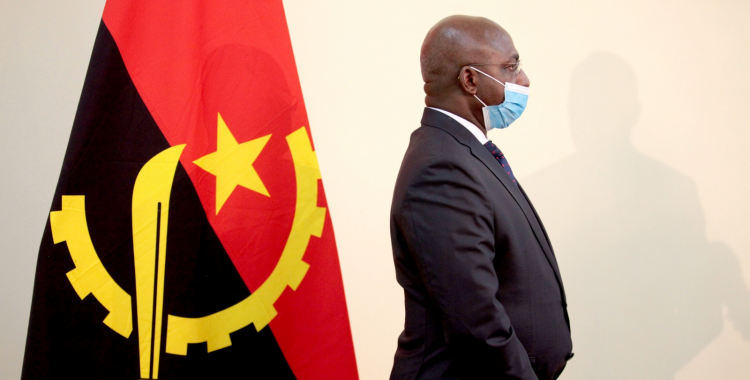Teté António spoke at the National Assembly, which unanimously approved, with 190 votes in favor, the Draft Resolution on the Ratification of the Treaty Review establishing the Economic Commission of the Central African States (CEEAC).
The head of diplomacy said that, compared to other organizations on the African continent, CEEAC "has been the poor relative", because "it is an organization that has not been very active in the context of regional integration".
According to the minister, Angola's performance in the organization, which will have the chairman of the EECAC commission as Angolan Gilberto Veríssimo, depends on his efforts, being aware of the advantages of his geographical location.
Téte António recalled that in the distribution of exports, many were turned in the past to central Africa.
Regarding Angola's role in promoting peace and security in the region, the head of diplomacy stressed that the country always participates in this effort, “through CEEAC, but also through other initiatives, such as the African Union itself”.
“For this reason, we have already been members of the African Union Peace and Security Council twice, we have been members of the United Nations Security Council twice, to participate in the collective effort to find solutions for peace and security in the region. ", said.
The organization aims to establish economic union, by eliminating customs duties and taxes having equivalent effect on the import and export of goods, to establish and maintain a common foreign customs tariff, to develop a common commercial policy and with respect to States promote the removal of obstacles to the free movement of goods, services, people and capital and the right of Member States to settle.
With a market of around 187 million consumers, the revision of the treaty was necessary to revitalize and modernize the community, adapting it to the challenges of the moment, according to the Angolan minister.
The revised treaty was adopted in December 2019 by the Member States, represented at the 9th extraordinary session of the CEEAC Conference of Heads of State and Government, held in Libreville.
The revision of the CEEAC treaty aimed to change the name of the community's general secretariat, thus becoming known as the committee, to establish the composition of the committee members, as well as to determine the procedure for the appointment of the committee's chairman and vice-chairman and of the other commissioners.
The commission established by the treaty is the executive body of the community, which is responsible for the execution of decisions of the conference of heads of state and government and the application of regulations of the directives of the Council of Ministers.
Among the changes made, the creation of a cooperation and development compensation fund is also highlighted, aimed, among others, at compensating the loss resulting from the liberalization of trade and safeguard measures.
The creation of a community quota, called the Community Integration Contribution, which aims to guarantee greater financial autonomy for the institution and support the carrying out of various actions for the benefit of the community, is also highlighted among the changes.
CEEAC was established on October 18, 1983, in Libreville, capital of Gabon, and its member states are Angola, Burundi, Cameroon, Central African Republic, Republic of Congo, São Tomé and Príncipe, Democratic Republic of Congo, Gabon , Equatorial Guinea, Rwanda and Chad.







